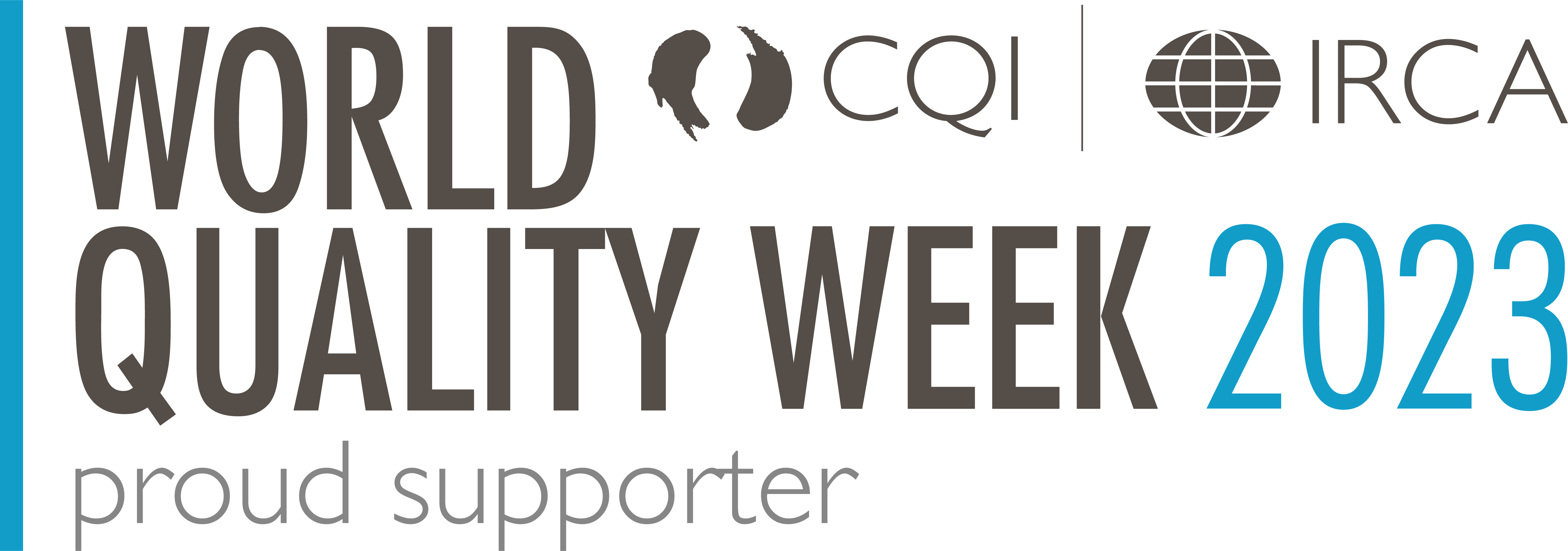
Engaging People in Meaningful Climate Change – David Picton, SVP of Sustainability
This is the final article (in a series of three) covering the questions we tackled in Glasgow with business leaders at our COP26 climate action fringe event. This one looks at how businesses can engage their people in meaningful climate action.
Our event heard perspectives from organisations as diverse as food and beverage manufacturing, construction and engineering services, broadcasting and entertainment, healthcare, defence and consultancies for the environment and government policy.
Notwithstanding all the agreements, analysis and reviews of what was discussed at COP26, leaders were unanimous that what really mattered was what changed as a result. There was a clear ‘three-way’ link that connected national policy agreements to business cases and individual acts, but climate change action would come to life only through people’s behaviours and motivation. Indeed, if handled well, businesses can (and must) make the climate change agenda a powerful people engagement tool that taps into and supports discretionary effort. Above all, it was key to change the language – creating a strand of hope, not voicing it as a sacrifice or burden.
Much has been written and said about the expectations of younger workers, but organisations need an authentic approach to climate change across all groups. Our session heard examples where ESG and carbon initiatives were raised at recruitment interviews, with clear and strengthening links to attracting, developing and retaining talent. Employees increasingly expect businesses to balance profit with purpose – representing a rich, growing seam of ‘purpose natives’ who can offer views, ideas and action to help shape customer products, services and commercial reputations. However, to mine that seam, businesses may need to find new ways of giving those voices a platform, along with the confidence that they will be ‘heard’ and understood.
Specific questions were raised around the resourcing of climate change action programmes, with the suggestion that this offered prime professional development opportunities. Some companies had created broad frameworks of intent but delegated the detail of implementation to voluntary ‘future leaders groups’ – framing climate action as a business problem which had to be solved, much like a sales growth target. This had multiple benefits, empowering the ‘purpose natives’ as well as building practical solutions from ground-level up rather than through top-down enforcement. It also suggested that, whilst climate action won’t happen by accident, it didn’t necessarily have to ‘cost the earth’ to resource.
One interesting thread that emerged explored the engagement of young people, and the coverage of climate action in schools. Indeed, COP26 heard about a range of measures for UK schooling, including a model science curriculum to be in place by 2023, biodiversity improvements for nursery, school and college grounds, and a prestigious new annual Climate Leaders Award. For businesses, this offered a highly attractive link to social value impact and volunteering programmes, with scope to build practical toolkits for teams and offices to engage local schools in climate-related activities, with learning and inspiration on both sides of the equation.
One final thought on how businesses could engage their people in climate action might be summarised as the STAFF acronym – Surveys, Training, Authenticity, Following and Fun.
As with most aspects of ESG, surveying the staff to tease out their concerns and ideas remains crucial to understand what matters to them and to focus on the right priorities. That could also help to uncover gaps that would need to be plugged by training, either from within traditional in-house sources or with the (increasingly widespread) support of specialist organisations. To be successful, any such engagement would need to be authentic, credible and firmly linked to the purpose of the organisation. That spirit would need to be echoed in real leadership examples, to create a following that became embedded within the culture of that organisation. Senior staff choosing electric vehicles, taking the train rather than flying or promoting virtual meetings were just a few tactical suggestions. Finally, it was crucial to generate a little fun around the ESG and climate action agenda. Whilst this is a serious topic, it can be counterproductive to constantly dwell on fear, guilt and complexity. At Alcumus, we teamed up with EcoAction Games to launch the Climate Emergency Action card game at COP26 – again, just one simple suggestion to get people talking, sharing and changing their behaviours.
Five key points on how businesses can engage people in climate change action:
- Make the climate change agenda a powerful people engagement tool
- Find new ways to ‘hear’ and understand employee voices, empowering ‘purpose natives’
- Consider voluntary ‘future leaders groups’ to shape climate change action programmes
- Link employee volunteering programmes to climate engagement with schools
- Bring the STAFF acronym to life – Surveys, Training, Authenticity, Following and Fun
For more practical advice and suggestions, download our brand-new Carbon Zero whitepaper
Rounding off our series of three articles, it’s key that businesses focus on people engagement to drive the change that we need. Like our Climate Emergency Action card game, our world is a limited edition, and we need to make sure that we don’t now simply ‘close the door’ until COP27 in Egypt next year. There is a lot to do, but we may do well to recall the words of Margaret Mead: “Never doubt that a small group of thoughtful, committed individuals can change the world. Indeed, it's the only thing that ever has.”





